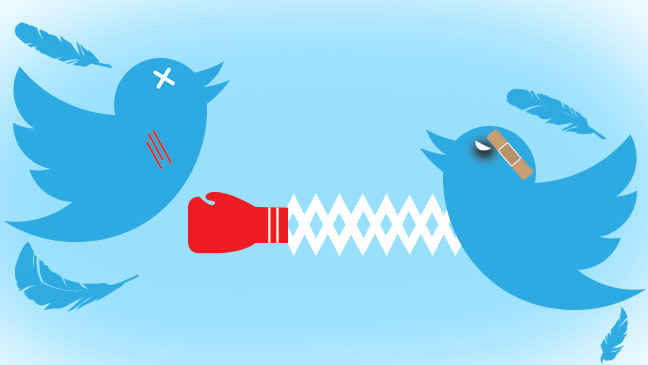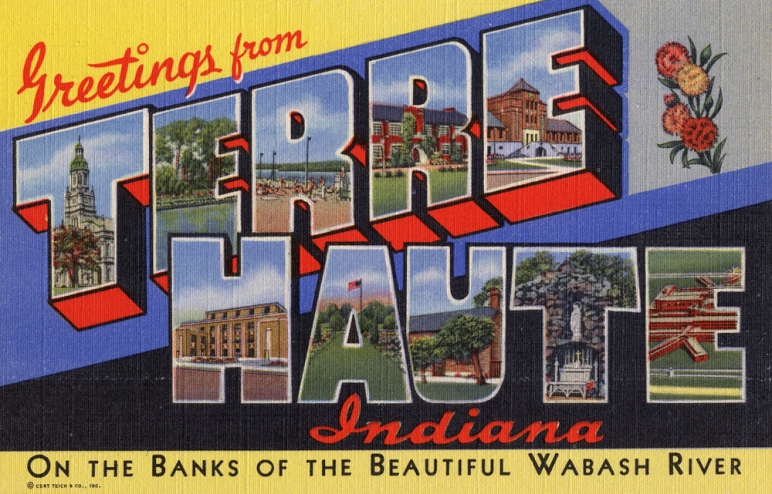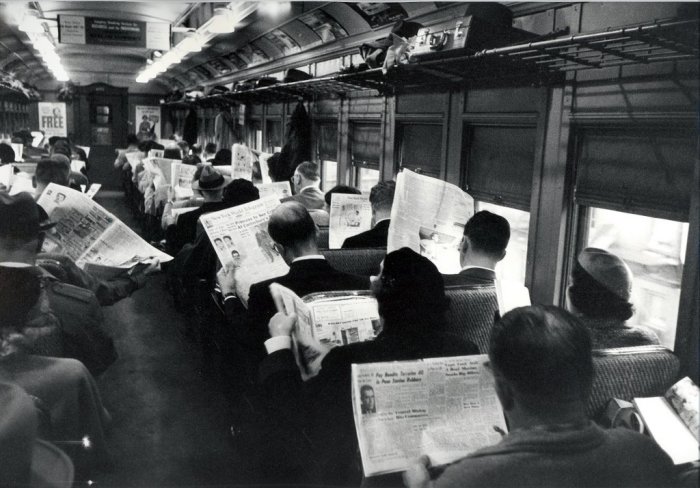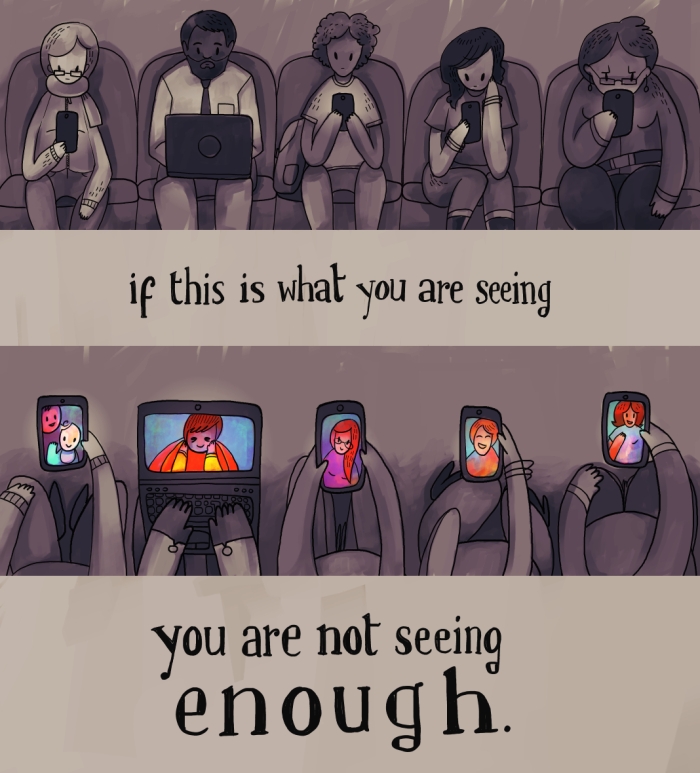As we near the end of our semester, I’m entering new territory when it comes to my learning style. I’m the kind of student that doesn’t get stressed, I take my time with assignments and i’m usually very content with the product that I create to the point where the grade is an after-thought. Now that Finals are approaching, a blessing and a curse, suddenly everything is coming to a head. I truly believe that some teachers just want to inflict as much pain as possible on their students by cramming tests, presentations, and finals all into a couple class sessions. I’ve entered this new territory of stress and I really despise it almost to the point where my product is slowly fading because i’m losing the joy I felt when creating something of quality.
I understand all the usual bullshit that’s spouted about “This is what it’s like to be an adult” or “You’ll have to get used to this some day”. No, f*ck that, i’ll always take my own happiness over the stress of pleasing a superior or colleague. When it comes down to it, i’m not that bummed if I struggle in Chemistry or French or some other class that isn’t a deep passion of mine but when I start to struggle in an English course, then I feel the pain.
Writing has always been a stronger skill of mine and one that I realize is in no way advanced but still above average. As we work on our stories for our Professional Writing course, i’m finding the actual writing to be the hardest part. This may not be surprising to some people but for me, I thought getting the story would be the hardest part but just writing the article would be nothing. Some writers think self-motivation or taking that first step is the hardest part but I’ve never really struggled there. Katie Tallo, a writer for writetodone.com says,
Taking that first step, not putting it off for sometime down the road is where we all tend to stumble or hesitate or get distracted. That road can be long and filled with roadblocks and detours
It’s new ground for me, one that has me stressed but I’ve been looking for something to really challenge my skills and force me to improve in some way as a writer. I don’t know the areas of writing that I’m lacking in, but when my skills are challenged, then my flaws become very obvious.
After the fact, I always enjoy a challenge, but when I’m sitting here desperately writing to keep myself on track, it’s hard to see the joy in being pushed to a new limit.












